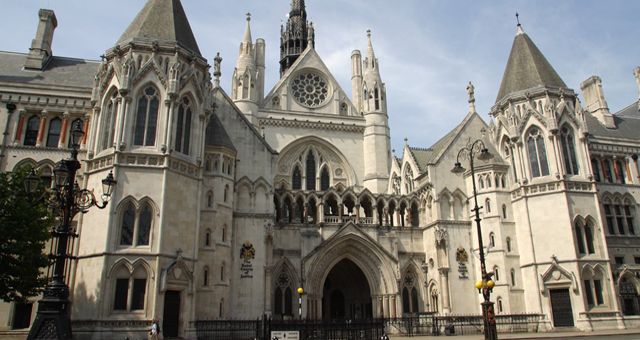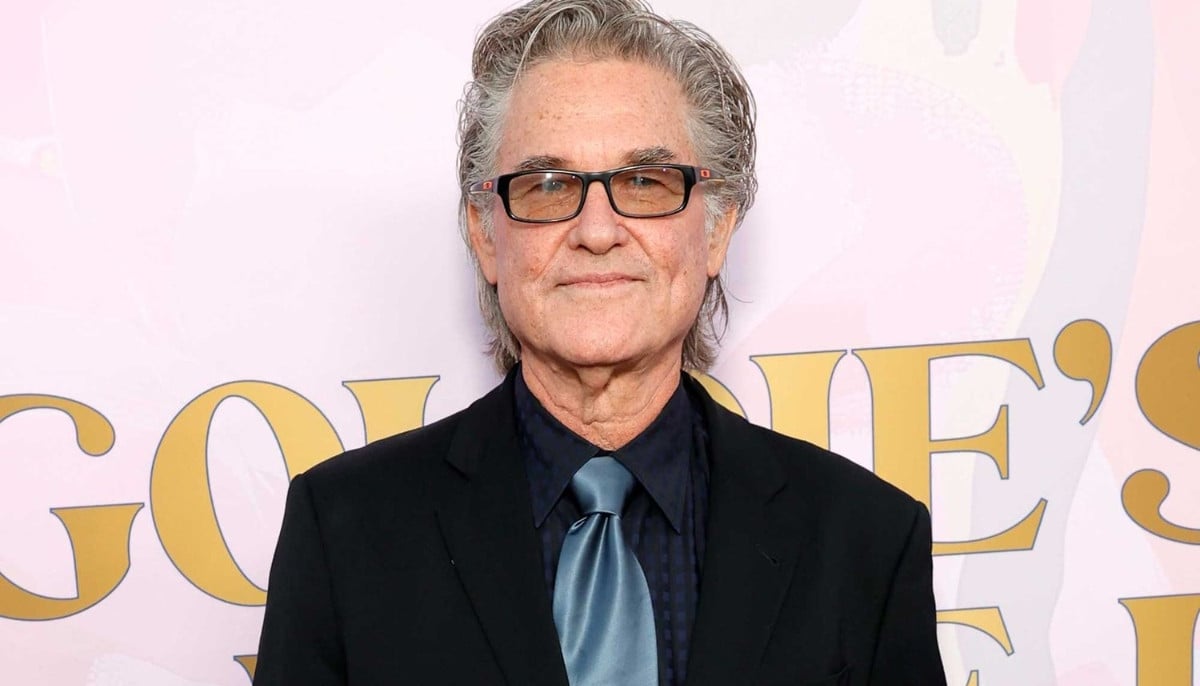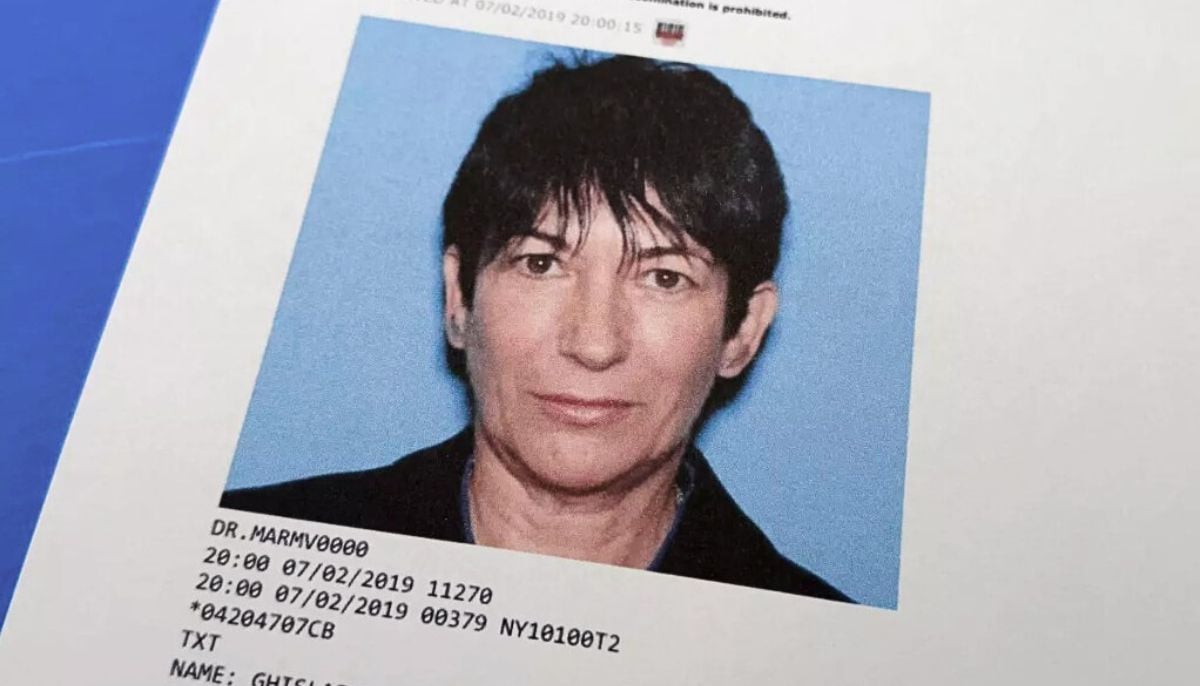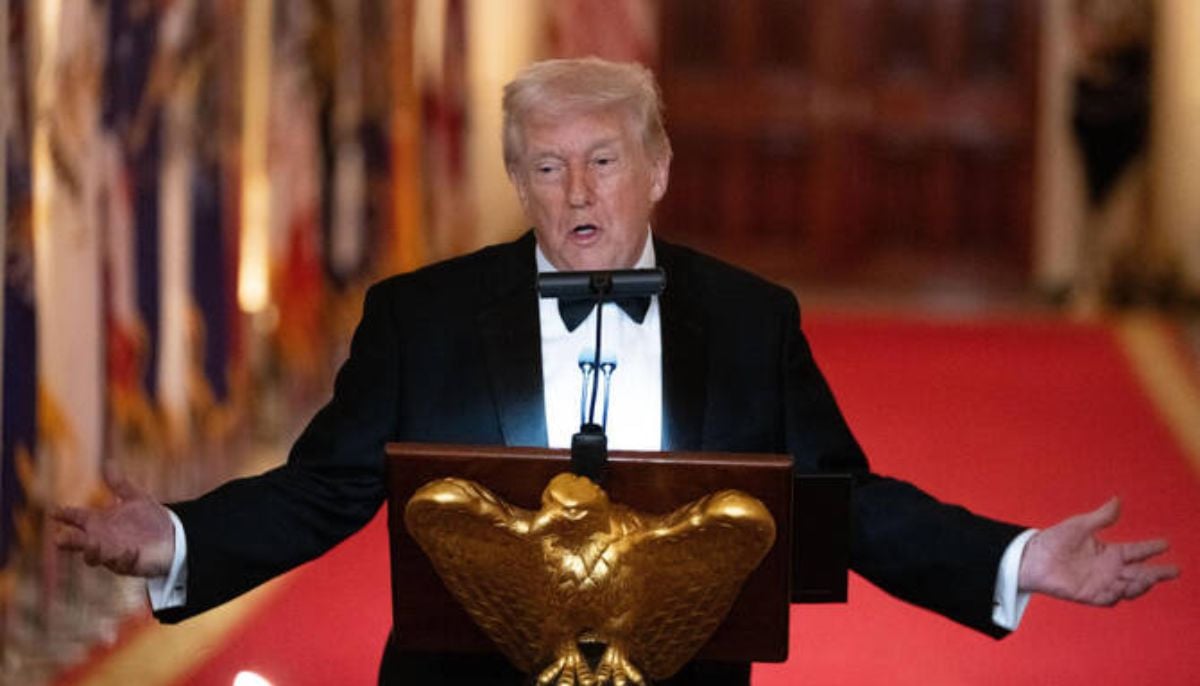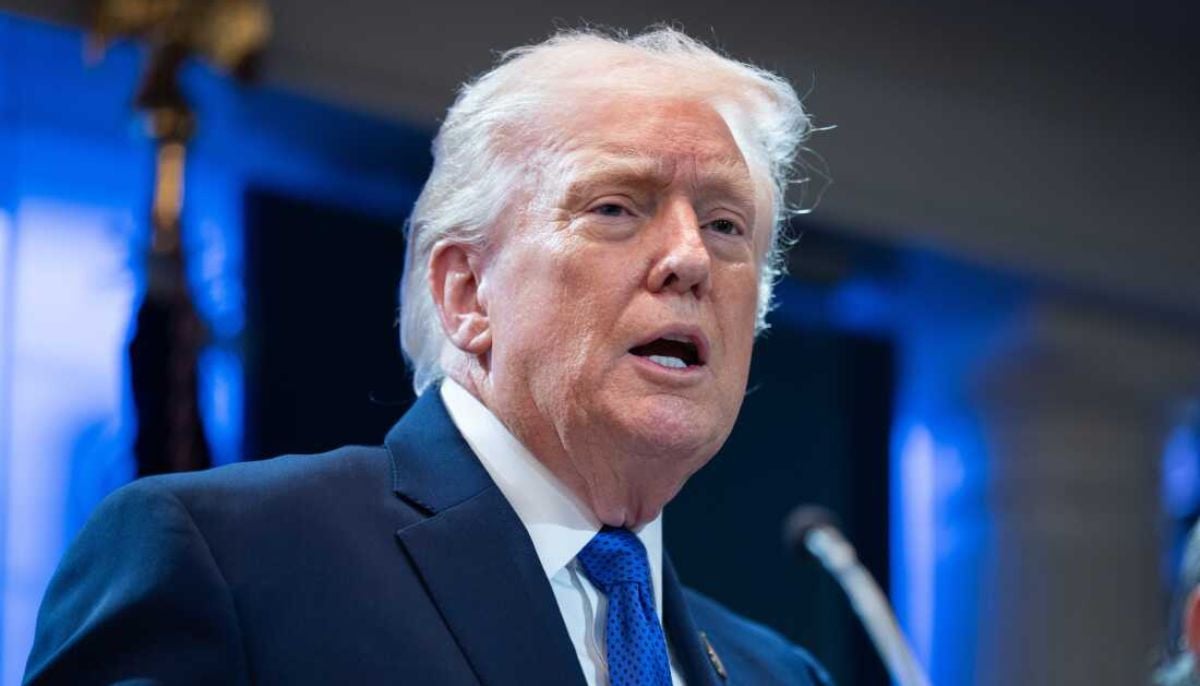Nizam set to get possession of £35 million after London court rules in favour
Judge dismisses attempts by Khan and Mirza to claim a share in the originally awarded amount to Prince Mukarram Jah
LONDON: A judge has dismissed applications of two relatives of the titular eighth Nizam of Hyderabad, Prince Mukarram Jah, in the famous Nizam fund/Pakistan vs NatWest case, clearing the way for the Nizam to take possession of around £35 million funds.
Najaf Ali Khan and Himayat Ali Mirza, members of the Nizam’s extended family, had approached London High Court to stake their claim over the entire £35 million, held in the NatWest bank account, dating back to partition in 1947.
At a hearing in the High Court, held remotely via Skype, Justice Marcus Smith dismissed attempts by Khan and Mirza to claim a share in the originally awarded amount to Prince Jah.
Deciding the case in favour of the Nizam in October last year, Justice Smith had ruled that the bulk of those funds were legally divided up between Prince Jah, his younger brother, and India, but a part of the sum accrued to the late seventh Nizam of Hyderabad’s English estate, which is believed to be around £400,000.
Prince Mukarram Jah told the judge he wants a “clean break” from the case, as he waived his right to a share in the estimated £400,000.
Paul Hewitt, of Withers LLP, said: “This litigation has lasted almost the entire lifetime of our client the eighth Nizam of Hyderabad. He wishes to have a clean break. Thus, he proposes that whatever remains of the £400,000, can be distributed to the wider members of the family, waiving his right to claim that money based on the customary law, which dictates that the seventh Nizam's estate passes to his heir, the eighth Nizam.”
At the hearing, Justice Smith dealt with three applications following on from the judgment handed down in October 2019. That judgment determined that the monies deposited in 1948 by the seventh Nizam's finance minister belong either to the two princes, including the current eighth Nizam, or to India.
The two princes and India had reached a confidential agreement — meaning that the funds have been divided between them. They also reached a confidential agreement with Lintott, the court-appointed administrator of the seventh Nizam's English estate, by which an additional sum (of which an estimated £400,000 remains) passed to the seventh Nizam's English estate.
A number of the seventh Nizam's descendants attacked the October judgment. They appeared to believe that the judge decided the money still belonged to the seventh Nizam when he died but that is not what the judge had decided.
Justice Smith dismissed an application by Najaf Ali Khan, president of the Nizam Family Welfare Association, to set aside the October judgment on the basis that “it determines and binds the High Commissioner of Pakistan and Lintott and everyone who might claim in the estate of the seventh Nizam. There can be no basis on which it can be re-opened by me.”
Khan was ordered by the judge to pay costs to the other parties. The judge also ordered Mirza to pay costs to the other parties for a similar application.
The judge said he considers Lintott to have discharged his role.
In October 2019, the English High Court had ordered the government of Pakistan to pay nearly £6 million in legal costs after the Pakistani representative told the court that it will not be appealing against London High Court’s decision which ruled in favour of Nizam of Hyderabad's descendants, granting them the right to over £35 million in funds.
Justice Marcus Smith, sitting in the Rolls Building, had ordered Pakistan to make payments, mainly to the Nizam’s descendants, Prince Mukarram Jah, the titular eighth Nizam of Hyderabad; his younger brother Muffakham Jah; Indian government and the NatWest bank.
The dispute started in 1948 when the last Nizam of Hyderabad Mir Osman Ali Khan deposited £1m in the UK account, held by the then Pakistan high commissioner, for safe-keeping because the then Nizam didn’t trust India and requested Pakistan to keep the money for him.
The seventh Nizam of Hyderabad had refused to join either India or Pakistan but he trusted Pakistan more than India.
Hyderabad in 1947-48 was a princely state and was annexed by India in 1948 in a military operation. The Nizam transferred money to London shortly before the annexation.
The money was transferred into an account in the name of the then Pakistan High Commissioner to the UK, Habib Ibrahim Rahimtoola. For over 70 years, the sum accrued interest, and its now valued at £35m.
The descendants of the Nizam had joined hands with India in the legal battle against Pakistan after making a secret deal with the Indian government.
The seventh Nizam had sought the return of the funds in the 1950s, claiming that the transfer had been made without his authority. The bank took the stance that it was unwilling to return the fund without the agreement of Pakistan, which had legal title to the fund.
The case reached the House of Lords, which held that the question of who owned the fund could not be decided because Pakistan had claimed sovereign immunity. In 2013, Pakistan waived her sovereign immunity by issuing a claim for the fund that opened the way for the current case to proceed.
The court issued notice to Nizam’s sons informing them about Pakistan’s claim. Former High Commissioner Wajid Shamsul Hasan confirmed that the high commission then requested to withdraw the case but the court refused to grant permission.
Pakistan argued through evidence that it had been given the money by Nizam to procure arms but the court determined it had the right to rule in the case, given that the money had been deposited in a British bank account and the heirs had a case. Sons of Nizam argued that Pakistan only held the money as a trustee and it belonged to the Nizam who were the legal beneficiaries.
The Pakistan Foreign Office in October said the judgment rejects the longstanding claims of the two major parties and upholds the claims of the heirs of Nizam of Hyderabad.
A statement at the time had said: "The ruling does not take into account the historical context of the transfer when India illegally annexed Hyderabad in violation of International Law and all civilized norms, leading the Nizam of Hyderabad to make desperate efforts to defend his people and the state from Indian invasion."
-
Police officer arrested over alleged assault hours after oath-taking
-
Maxwell seeks to block further release of Epstein files, calls law ‘unconstitutional’
-
Trump announces he is sending a hospital ship to Greenland amid rising diplomatic tensions
-
Trump announces a rise in global tariffs to 15% in response to court ruling, as trade tensions intensify
-
Savannah Guthrie mother case: Police block activist mom group efforts to search for missing Nancy over permission row
-
Shawn Levy recalls learning key comedy tactic in 'The Pink Panther'
-
Sarah Pidgeon explains key to portraying Carolyn Bessette Kennedy
-
Inside Nicole 'Snooki' Polizzi's 'private' marriage with husband Jionni LaValle amid health scare
